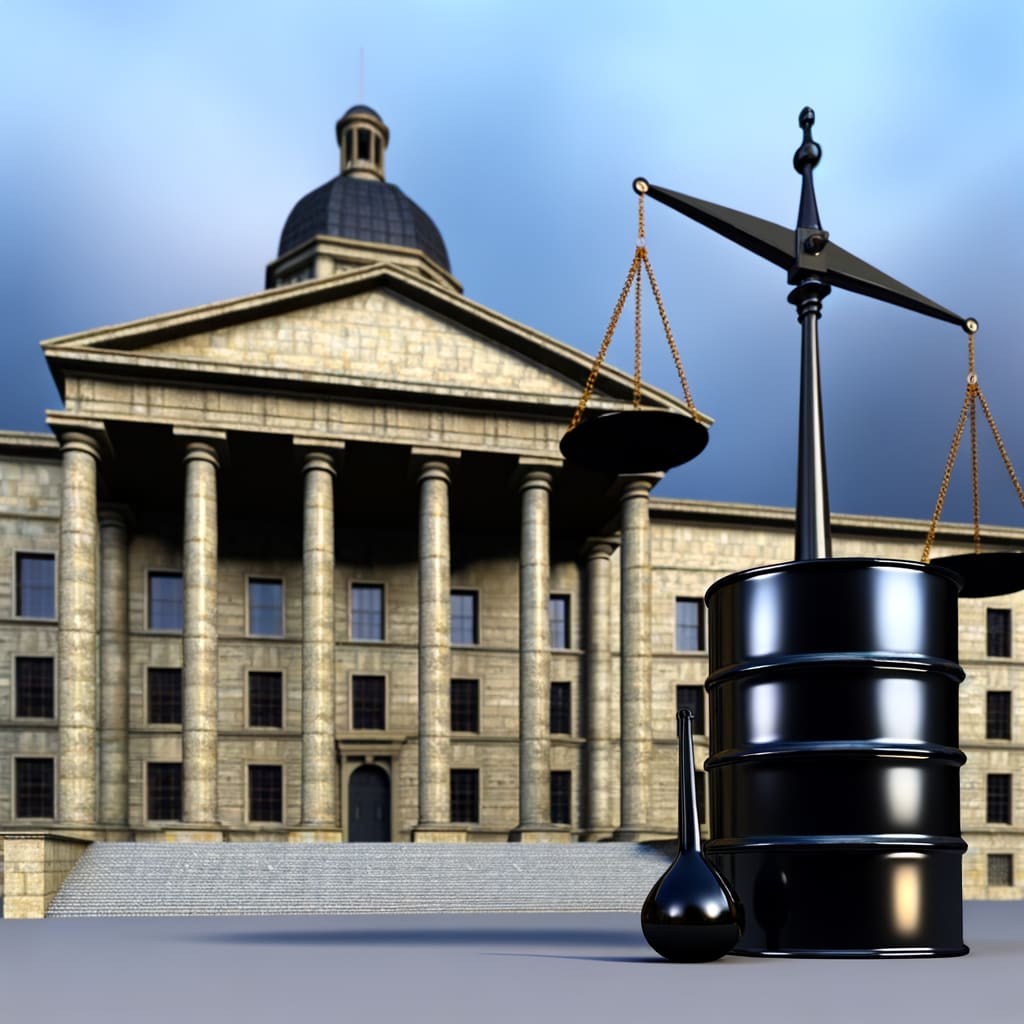Trump Imposes Additional 25% Tariff on Indian Imports Over Russian Oil Purchases
In a significant escalation of trade tensions, US President Donald Trump has signed an executive order imposing an additional 25% tariff on imports from India, raising the total levy to 50%. The move comes in response to India's continued direct or indirect importation of Russian crude oil, which the Trump administration views as an unusual and extraordinary threat
to US national security and foreign policy. The new tariffs, which are set to take effect in 21 days, have sparked tensions in US-India relations and faced strong criticism from New Delhi.
Background and Context
The decision to increase tariffs follows India’s ongoing purchases of Russian oil, accounting for one-third of its imported oil, despite international pressure. President Trump has previously accused New Delhi of financing
the Ukraine conflict through these purchases and has threatened further penalties for its defense and trade ties with Moscow, on top of the existing 25% tariff.
The tariff hike comes as a part of a broader Trump administration push for trade reciprocity
and in retaliation towards India's relationship with the BRICS bloc. The announcement was made a day before the initial 25% tariffs were due to come into effect and closely follows a meeting between Trump's envoy and Putin at the Kremlin regarding the war in Ukraine.
Key Developments and Details
The new tariff, set to become effective in late August, will be added to a 25% surtax imposed last week, raising the total levy on one of America's key trade partners to 50%. The White House has given India 21 days to respond to the potential tariffs before they go into effect.
India has denounced the move as unfair, unjustified, and unreasonable.
According to an executive order signed by President Trump, the Government of India is currently directly or indirectly importing Russian Federation oil,
a situation that the US leader finds unacceptable.
Implications and Reactions
The tariff hike has raised concerns about the state of India-US relations, with some fearing it could put Prime Minister Narendra Modi in a difficult position. He faces a choice between high tariffs or giving up cheap oil, putting New Delhi’s non-alignment policy under severe strain.
Meanwhile, Russia has accused the US of illegally exerting commercial pressure on India, calling the tariff pressure over Indian oil purchases from Russia illegal.
In response to the escalating tensions, the White House has unveiled a modified global tariff schedule, adjusting tariffs for dozens of countries. Some countries are seeing increases, while others have secured last-minute reprieves.
Current Status
Today's announcement marks one of the most significant challenges in decades for the traditionally friendly bilateral relationship between India and the US. The tariff hike follows an unexpected resurgence in ties between the United States and Pakistan, further complicating the dynamics between the three nations. Despite the tariff threats, Indian officials have denied any policy change on Russian oil imports. However, the situation remains fluid, and further developments are expected in the coming days.

